Export Procedures
Export Procedures
In general, exporters must obtain the relevant Customs export permits before exporting goods from Singapore.
Goods and Services Tax (GST) and duty are not levied on goods exported from Singapore.
Generally, the exporter will be the party that issues the commercial invoice to his overseas customer. However, a third party (who is involved in taking the goods out of Singapore for export) may declare itself as the exporter, if the said party is:
-
willing to declare itself as the exporter on behalf of the party that issues the commercial invoice to the overseas buyer; or
-
acting as a consolidator for customers without a UEN.
The exporter is also required to declare the Free on Board (FOB) value of the goods in the export permit application.
Please refer to Customs Circular No. 13/2021 for more information on the responsibilities of an exporter.
A Customs export permit is required for:
-
Export of locally manufactured goods or local GST-paid goods
-
Export of goods from the Free Trade Zone (FTZ)
-
Export of dutiable goods from a licensed warehouse
-
Export of non-dutiable goods from a zero-GST warehouse, and goods under the Major Exporter Scheme
-
Re-export of goods imported under the Temporary Import Scheme
A strategic goods export permit is required for the export of goods controlled under the Strategic Goods (Control) Act.
The table shows the period to submit your export permit application for the various types of goods:
| Type of Goods | When to submit Permit | Remarks |
|---|---|---|
| Strategic goods under the Individual Permit of the Strategic Trade Scheme (STS) | 5 working days before export | - |
| All other goods excluding those listed below:
Goods under Hand-Carried Exports Scheme (HCES) exempted by Comptroller of GST from advance submission of export permit Bulk petroleum products and chemicals by sea Steel bars |
Before export | Recommended practice:
For export by sea Before cargo lodgement with sea port operators (i.e. gate-in) For export by air Before cargo lodgement with air cargo ground handling agents |
| Bulk petroleum products and chemicals^ by sea | Within 10 working days after the date of vessel’s departure
Within 3 working days after the date of vessel’s departure |
Conditions: The goods were released from licensed premises; and The goods were exported from a petroleum licensee’s berth.
Conditions: The goods were not released from licensed premises. |
| Steel bars | Within 3 working days after the date of vessel’s departure | Conditions: The steel bars are loaded directly into a carrier without any additional form of packing. |
^Bulk petroleum and chemicals are those loaded directly into an oil/chemical tanker without any additional form of packing. It excludes petroleum and chemicals transported in ISO tanks and drums, as there are fixed quantities for these modes of export.
Visit links below for more information on exporting requirements:
Errors & Offences
Exporters may be penalised if they do not comply with the requirements and conditions imposed under the Customs Act, the Regulation of Imports and Exports Act (RIEA), and their subsidiary legislation such as the Regulation of Imports and Exports Regulations (RIER).
For minor offences, Singapore Customs may compound offences for a sum not more than S$5,000 per offence. Offenders may be prosecuted if they do not pay the composition sums. Offenders may also be prosecuted if the offence committed is of a fraudulent or serious nature.
Examples of common offences
-
Making an incorrect declaration
- Declaring the wrong value of items on the export permit
-
Failure to make a declaration of goods exported from Singapore
- Making declarations only after goods have been exported
- Failure to apply for pre-export approval for goods to be exported to Iran and Democratic People’s Republic of Korea 3 working days before the intended date of shipment
- Exporting goods using an expired export permit
-
Failure to produce documents upon request by Singapore Customs
- Failure to produce documents such as invoice, bill of lading or certificate of origin for verification
-
Failure to produce licence or permit
- Failure to submit export documents to Singapore Customs within 14 days after departure of vessel or aircraft
-
Making a false declaration
- Declaring the wrong country of origin on export permit
Penalties upon conviction for key offences
| Offence | Penalty Upon Conviction |
|---|---|
| Making an incorrect declaration. (Section 128(1)(a) of the Customs Act) |
A fine not exceeding S$10,000, or the equivalent of the amount of the customs duty, excise duty or GST payable, whichever is the greater amount, or imprisonment for a term not exceeding 12 months, or both. |
| Failure to make a declaration of goods imported into, exported from or transhipped in Singapore. (Section 128B(1)(a) of the Customs Act) |
A fine not exceeding S$10,000, or the equivalent of the amount of the customs duty, excise duty or GST payable, whichever is the greater amount, or imprisonment for a term not exceeding 12 months, or both. |
| Failure or refusal to produce trade documents upon demand by Singapore Customs. (Section 128C of the Customs Act) |
A fine not exceeding S$10,000, or the equivalent of the amount of the customs duty, excise duty or GST payable, whichever is the greater amount, or imprisonment for a term not exceeding 12 months, or both. |
| Failure to comply with conditions imposed on removal of goods from customs control. (Section 27(1)(c) of the Customs Act) |
A fine not exceeding S$5,000. |
| Failure to produce licence or permit. (Section 11(2) of the RIEA) |
A fine not exceeding S$3,000. |
| Making a false declaration. (Section 28(1)(a) of the RIEA) |
A fine not exceeding S$10,000, or imprisonment not exceeding 2 years, or both. |
| Importing, exporting or transhipping goods without a permit. (Regulation 3(1) of the RIER) |
First conviction: A fine not exceeding S$100,000 or 3 times the value of the goods, whichever is greater, or imprisonment not exceeding 2 years, or both. Second or subsequent conviction: A fine not exceeding S$200,000 or 4 times the value of the goods, whichever is greater, or imprisonment not exceeding 3 years, or both. |
Learn more about the prescribed offences and penalties under the Customs Act and the RIEA.
Best Practices
You are accountable as an exporter or declaring agent for the export of your goods. We encourage you to take note of the following Dos and Don’ts:
-
✔ Inform Singapore Customs if there is any change in your company’s particulars to ensure you receive timely updates on regulatory changes.
✔ Know the export procedures and declaration requirements before you export.
✔ Ensure you provide the necessary supporting documents and information for permit declarations to your declaring agents and freight forwarders.
✔ Ensure your declaring agents and freight forwarders understand and properly execute your instructions.
✔ Know the contents of each consignment you export and clarify with relevant parties if needed.
✔ Keep your supporting documents for a minimum of 5 years.
✔ Check with the relevant Competent Authority on their requirements to export controlled items.
✔ Ensure product details (for example, HS code, quantity) are correctly declared.
✔ Ensure you comply with all permit conditions stated in the permit.
✔ Ensure your driver or transport service provider produces the permit for endorsement at the checkpoint if the permit bears such a condition.
-
✖ Deny Singapore Customs officers’ requests to enter your premises or to check your documents.
✖ Make a declaration without verifying the authenticity of all supporting documents.
✖ Declare that goods are of Singapore origin when they were only imported and re-exported from Singapore without qualifying for their origin status.
✖ Share your TradeNet user ID and password with other persons.
✖ Use your company’s UEN to export goods not belonging to you unless you are involved in taking the goods out of Singapore for export and are willing to declare yourself as the exporter on behalf of the party that issues the export invoice, or you are acting as a consolidator for customers without a UEN. In doing so, you are responsible for complying with all the regulatory requirements. Please refer to Customs Circular No. 12/2013 for more information on the responsibilities of an exporter.
For more information on:
 |
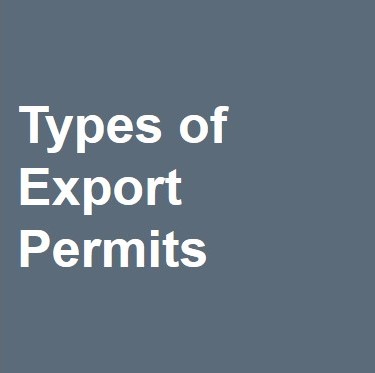 |
 |
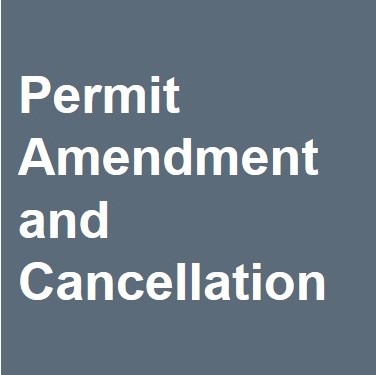 |
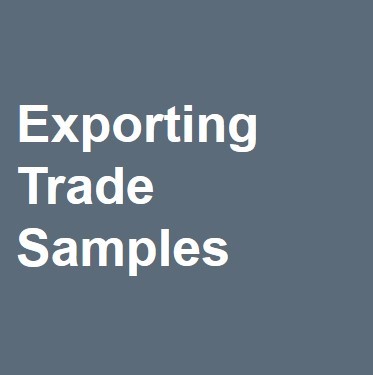 |
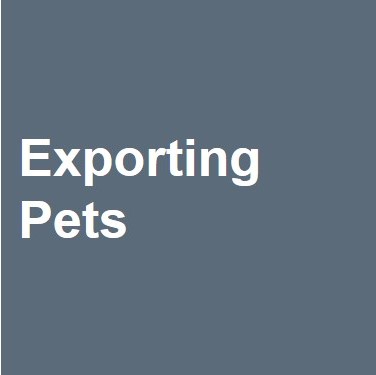 |
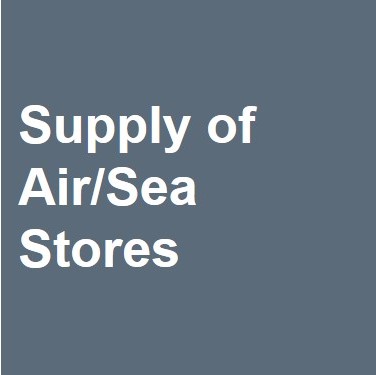 |
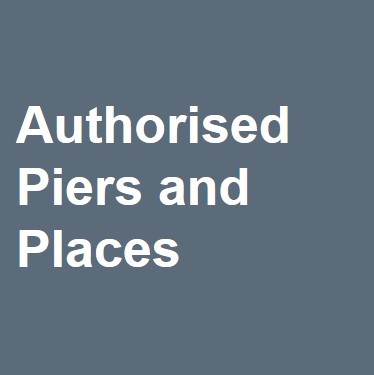 |

